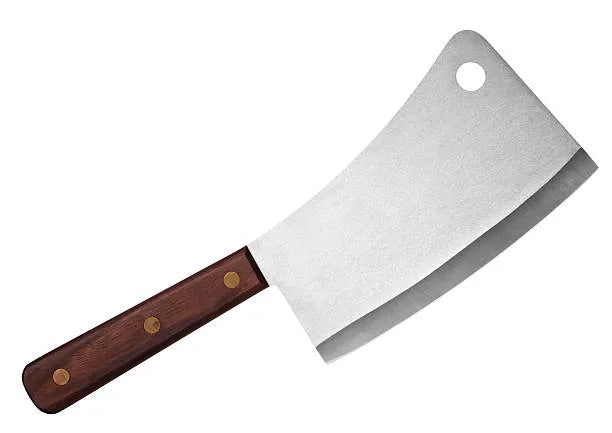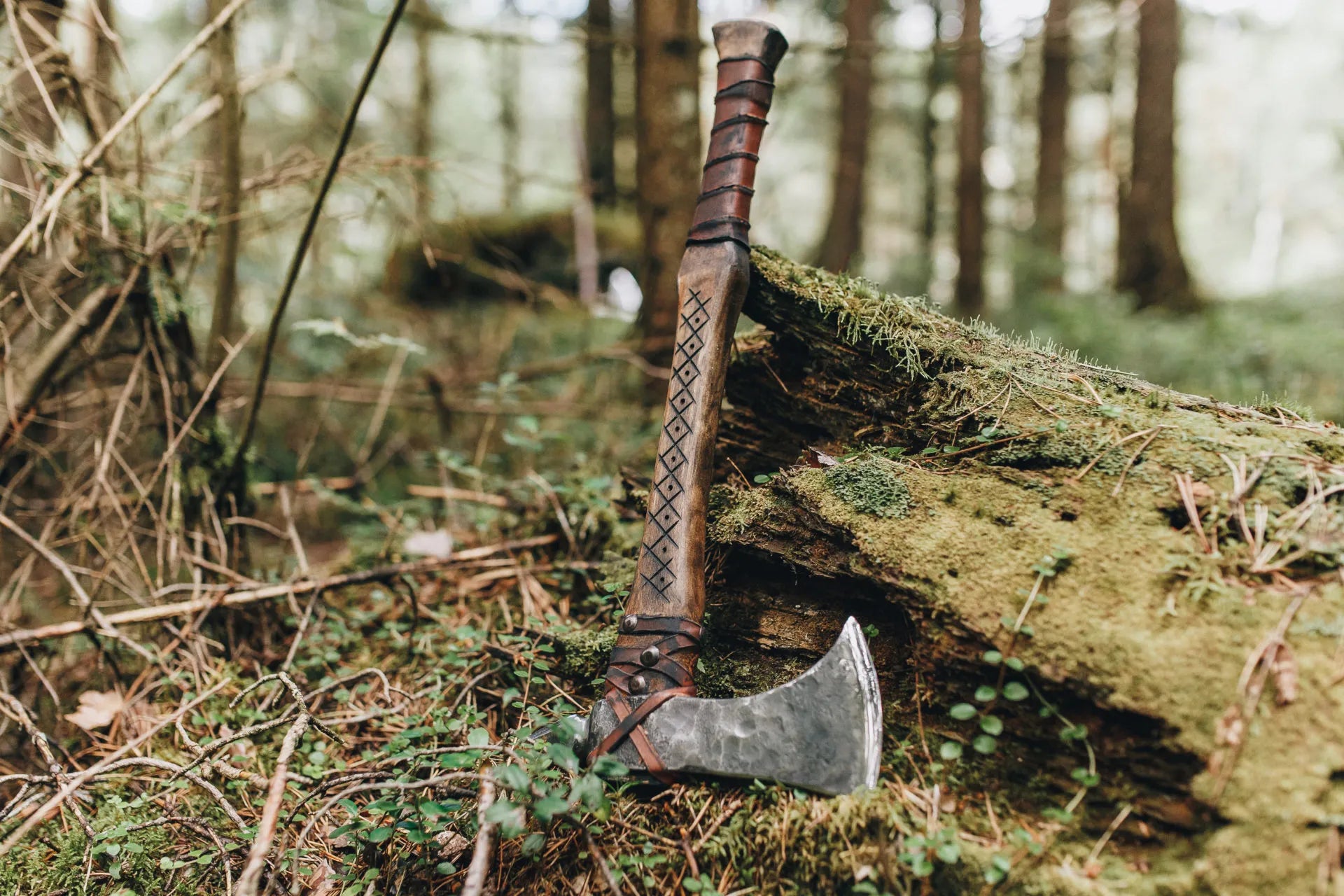
Is it Bad to Keep Knife Wet?
Knives are so important in our daily activities, in cooking and outdoors - how we take care of them determines their lifespan and performance. But the question is: ‘Is it bad to keep a knife wet?” - The answer is yes.
Why You Should Not Keep a Knife Wet
Knives are instruments that are meant to provide accuracy and durability. However, moisture can cause serious damage. Here's why:
Rust and Corrosion
The majority of the knives are produced in steel, whereas steel items are vulnerable to rusting whenever exposed for a long period to extreme weather conditions. However, it does not provide full resistance to stainless steel. The extended exposure to contact with moisture weakens the mechanical properties of the blade and forms rust.
Dulling the Blade
Water can dull knives over time. When it is in humid weather, the sharp edge makes it less effective in cutting.
Damage to the Handle
If your knife is made of wooden handles then it is likely that the moisture may seep inside and make it crack or warp. Even the synthetic handles tend to weaken with constant water.
Looking for a reliable Pocket Folding Knife? Check out our guide on how to care for folding knives to keep them in perfect condition.
Hygiene Problems with Wet Knives
The wet knife is dangerous not only for the blade but also for the dish that the knife is going to touch.
Bacterial Growth
Rather moisture is one of the conducive environments for bacteria to grow in large numbers. When you wet your knife and do not wash it properly, you may well be preparing the most conducive environment for the growth of bacteria.
Cross-Contamination
A knife that is damp without proper cleaning may pass bacteria into the food thus causing health problems.
Buying a good quality Kitchen Knife Set will enhance the kind of cooking you do. Know how to keep your kitchen knives sharp edge and free from rusting!
How to Care for Your Knife Correctly
Caring for your knife is very easy. The following are ways to keep it in excellent condition:
1. Dry It Right Away After Use
Always dry your knife with the use of a clean cloth after you have washed it. This will prevent water spots, rust, and bacteria.
2. Avoid Dishwashers
The use of knives is however not friendly with dishwashers as they are usually very abrasive. Heat and moisture will cause damage to the blade and to the handle as well. You should better wash it using a cloth and then dry it.
3. Store It Properly
Make use of a knife block, magnetic strip, or sheath to keep your knife. Making sure it is dry and separated from other tools minimizes the risk of damage.
4. Oil the Blade
In some cases though, the blades should be given a very thin layer of food-safe oil which might help slow the rusting process; mostly these are the high carbon knives.
The skills that are involved in making a Damascus Kukri Knife are out of this world. Discover tips to maintain its stunning design and durability.
Buy a kukiri.
What to Do If Your Knife Gets Wet
Clean It Right Away
Wash the knife using warm soapy water to remove any leftover residue.
Remove Rust Spots
Rust eraser or simply washing with water and baking soda should help in eliminating the rust stains.
Sharpen the Blade
Sharpen the knife with the sharpening tool to restore its edge. This will allow the knife to be sharp enough for reuse.
Protect It Moving Forward
One should ensure that there is a practice of washing and putting the knife away in a secure area after each usage.
With a unique Bone Handle Knife, proper care ensures its handle stays intact and beautiful for years. Read our knife care guide for expert tips!
The Bottom Line
Is it bad to keep knife wet? A damp knife is not a good idea to carry; moisture may damage both the blade and handle and might create some health risks. In contrast, proper care and maintenance can ensure your knife is safe and sound for ages, and don't forget the fact that little effort will do wonders in securing kitchen tools!
Browse Knives Hives for the best tips and tricks to care for all your blades, from folding knives to professional kitchen sets!








